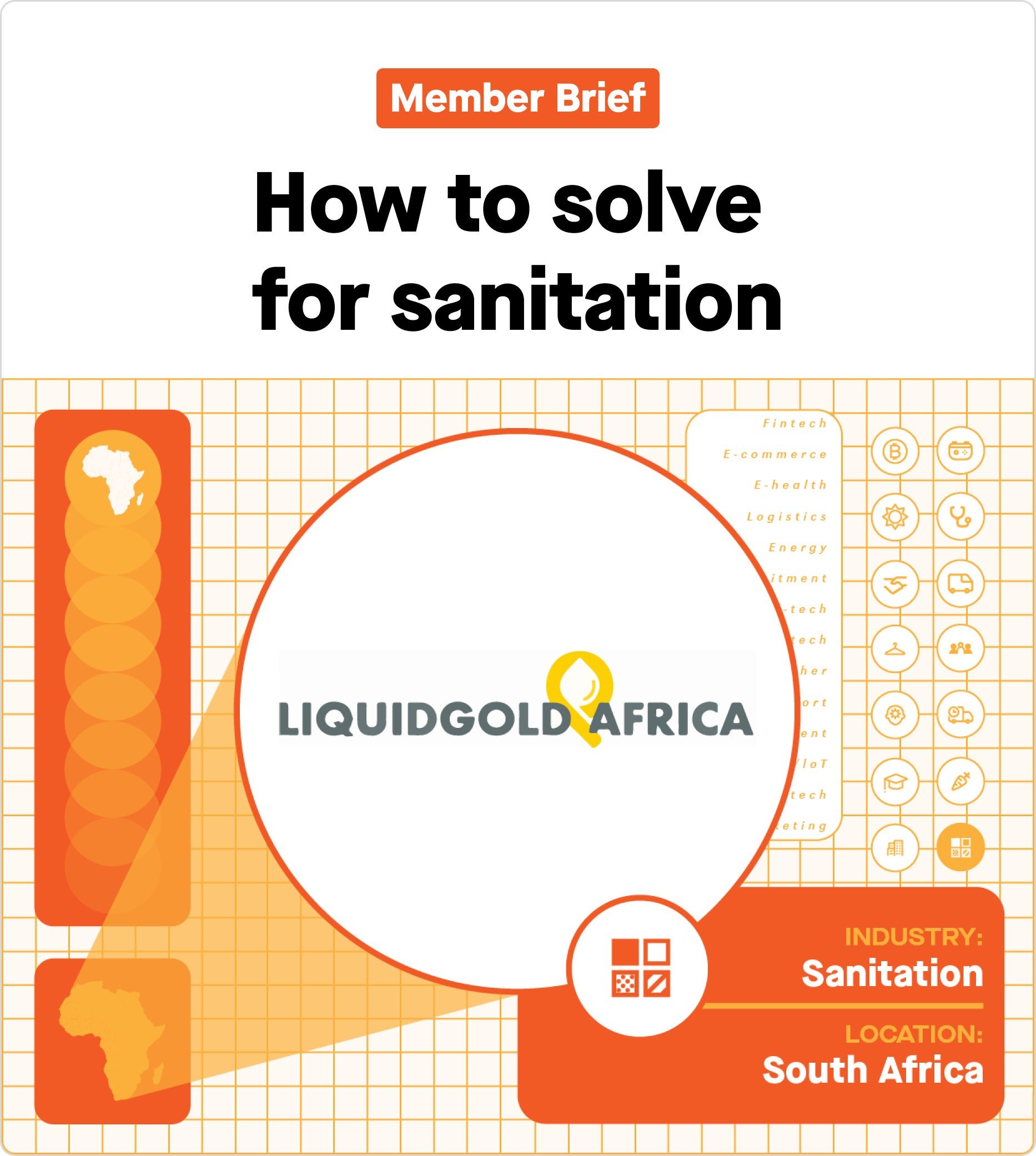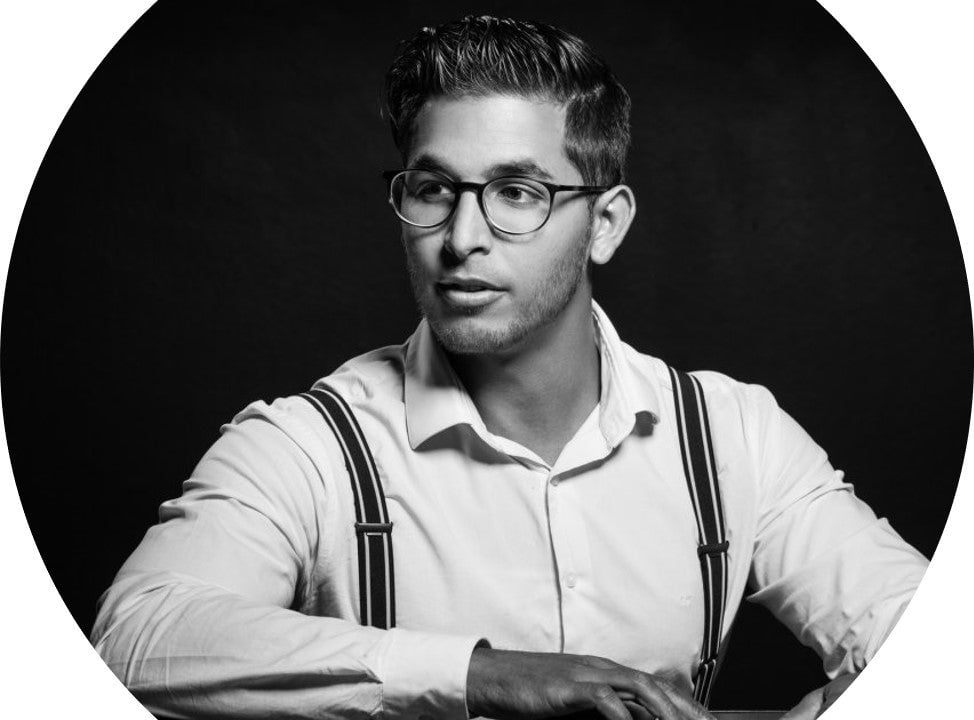✦ How to solve for sanitation
Hi Quartz Africa members!



Hi Quartz Africa members!
There are 483 million people without sanitation in Africa—more than one in every three people on the continent. Meanwhile, one in five Africans, or 282 million people, are dealing with hunger. It might not be immediately clear, but the two limitations are linked.
According to the World Bank, “inadequate water, sanitation, and hygiene account for a large part of the burden of illness and death in developing countries.” Without good sanitation, public health suffers, and farmers are unable to grow their crops and raise livestock to increase food supply.
Exacerbating that challenge today is the Russia-Ukraine war, whose pressure on prices is causing inflation, further reducing food security, and impacting African farmers acutely. Wheat imports account for about 90% of Africa’s $4 billion in trade with Russia and nearly half of the continent’s $4.5 billion trade with Ukraine, according to the African Development Bank. Africa also imports much of its fertilizer from Russia: South Africa, for example, imported 11.3% of its fertilizer from the country in 2020.
While Africa’s sanitation and food-security struggles predate the Ukraine conflict—and the pandemic—that means some of the solutions could, too. Already, a growing number of startups are looking to solve both of these problems together, and open up a world of possibility on the continent.
Cheat sheet
🤔 The challenge: Some 2.5 billion people on Earth lack access to safe and decent sanitation technology, many of them in sub-Saharan Africa. Higher mortality, lower productivity, and healthcare complications resulting from poor sanitation cost the continent $19.3 billion per year, the third highest for any region in the world. On the farming side, soil infertility is one of the biggest obstacles facing African agriculture, and becomes even more challenging when fertilizer is expensive and water is scarce.
🌍 The road map: Governments should work with academics and startups to save water and produce new infrastructure that will in turn lead to better sanitation. Millions of gallons of water could be saved by using waterless and smart toilets, for example.
💡 The opportunity: Pit toilets are the only option in parts of Africa, but they are prone to collapse and tend to contaminate groundwater. Portable chemical loos are cheap to install, but remain unhygienic and unpleasant to manage. Urine-diversion dry toilets, meanwhile, are waterless and odorless (when maintained properly), come with minimal risk of ground contamination, and allow for nutrient recovery from urine. With the right sanitation, millions of gallons of water could be saved, the environment could be preserved, and products like fertilizer can be made from recovered urine.
💰 The stakeholders: Governments, city planners, and sanitation businesses. The last group includes startups like South Africa’s LiquidGold Africa and Kenya’s Sanergy, as well as sanitation NGOs like Training, Research and Networking for Development (TREND) in Ghana.
By the digits
42%: Increase in the Green Markets North America Fertilizer Price Index in the 30-day period after Russia invaded Ukraine
17kg: Average fertilizer consumption per hectare in sub-Saharan Africa, far below the global average of 135kg/Ha
$5.2 billion: Value of Egyptian wheat imports in 2020. The North African state is the world’s largest wheat importer, sourcing much of it from Ukraine and Russia
300 million: People in sub-Saharan Africa who live in areas with little or no rainfall
483 million: People in Africa who lack sanitation services
The case study
Name:
LiquidGold Africa
Founded:
2016
HQ:
Johannesburg
Founder:
Orion Lee Herman
Latest valuation:
$32 million
In 2016, Orion Lee Herman founded Johannesburg-based LiquidGold Africa to help solve the twin challenges of sanitation and food security on the continent. At the time, many businesses were busy talking about powering Africa. “Energy was a concern, but nobody was really looking at the biggest problem,” Herman tells Quartz, “which is water.”
LiquidGold functions in a few ways. The company sells waterless urinals and custom toilets to help businesses save water; it distills nutrients from the urine in those toilets to make sustainable fertilizer, and then it sells the fertilizer to farmers and agribusinesses. The fertilizer reduces environmental damage and eutrophication—where water systems are overloaded with nitrogen and phosphorus, killing species and causing algal blooms.
“Urine is a powerful plant fertilizer,” Herman says. “When we flush it into sewers, its fertilizing potential ends up in the wrong places—rivers, lakes, and dams—where it encourages algae to grow out of control, with severe environmental consequences. But if we collect urine for recycling, we can put it on farms where its fertilizer value is beneficial, supporting the agricultural systems we all depend on.”
The process starts with LiquidGold’s proprietary toilet options, which include “the EcoFlo,” a waterless urinal waste system; “the WeeStand,” hygienic non-touch female urinals; and the “SaniPod,” an ablution facility that can be fully or partially waterless. LiquidGold collects urine from these toilets before it reaches the sewage system, and extracts nutrients using a struvite crystallization method. The recovered precipitate can act as a slow-release fertilizer, which is magnesium-, ammonia- and phosphorus-rich. LiquidGold also sells it to the fertilizer industries, and vendors can blend its product with conventional, high-solubility, phosphate rock-based fertilizers for a moderately more sustainable option.
The collected urine can also be turned into safe non-potable water through filtration, using ceramic, zeolite, and forward osmosis processes. That water can be used in industries like agro-processing and paper manufacturing, which are water-intense and looking for more sustainable options.

To date, LiquidGold has saved over 650 million liters of water through its technology. The company has 7,500 active female users of its WeeStand urinals and has kept more than 6 million liters of urine from entering aquatic systems. Next year, LiquidGold is due to finish building a plant in Durban that will manage between 8 million and 15 million liters of urine per month—plus about 25 million liters of greywater, domestic wastewater produced that is not sewage—to produce roughly 200 tons of fertilizer and about 810,000 kilos of non-potable water. The plant will also allow the company to make more urinals and off-grid diamond reactors, an automated system that recovers fertilizer from urine.
In conversation with

Orion Lee Herman founded LiquidGold to tackle some of the most essential challenges facing the continent. Here are some choice quotes from our conversation:
♻️ On the circular economy:
💰 On fundraising plans:
😷 On covid-19:
Sanitation startups to 👀
Loo Afrique. This South Africa-based company makes toilet technology that saves water, improves hygiene, and incorporates greywater usage in everyday living. In 2019, Loo Afrique won R300,000 ($20,500) from the Gauteng Accelerator Programme Innovation Competition. It also receives funding from South Africa’s Water Research Commission.
Water Will. A Cairo-based startup that creates filters to eliminate impurities, odors, bacteria, and heavy minerals often found in the water in rural Egypt. Their pots are treated with silver nano particles, which they then sell to rural communities.
Sanergy. Last year, the Japan International Cooperation Agency invested $2.5 million in this Nairobi-based startup that collects urine and other biowaste before converting it into useful products such as biofuel.
HydroIQ. In March of this year, the Kenyan virtual network that helps homes, utilities, businesses, and industries use, manage, and pay for water efficiently, was one of three startups selected by Google as part of its Startups Accelerator: Africa program. The tech giant invested $5 million in these startups through a combination of equity-free funding and product credits for Google services.
Water Access Rwanda. This startup funded by the Jack Ma Foundation has since 2014 provided clean water access to more than 312,000 individuals, businesses, schools, and farms in Rwanda, DRC, Burundi, and Uganda.
🎵 This brief was produced while listening to ‘Mahlalela’ by Letta Mbulu and Hugh Masekela (South Africa)
Have a highly motivated rest of your week,
—Jack Dutton, Cape Town
One 💩 thing
Sanivation, a social enterprise based in Naivasha, Kenya, is using an unlikely source to produce fuel to help heat households. Sanivation takes human fecal waste, heats it at high temperatures to kill the bacteria and then mixes it with sawdust to make briquettes—which the business sells at a profit. The briquettes don’t produce smoke like charcoal and firewood—and according to the founders, for each ton of their product used, 33 trees are saved.